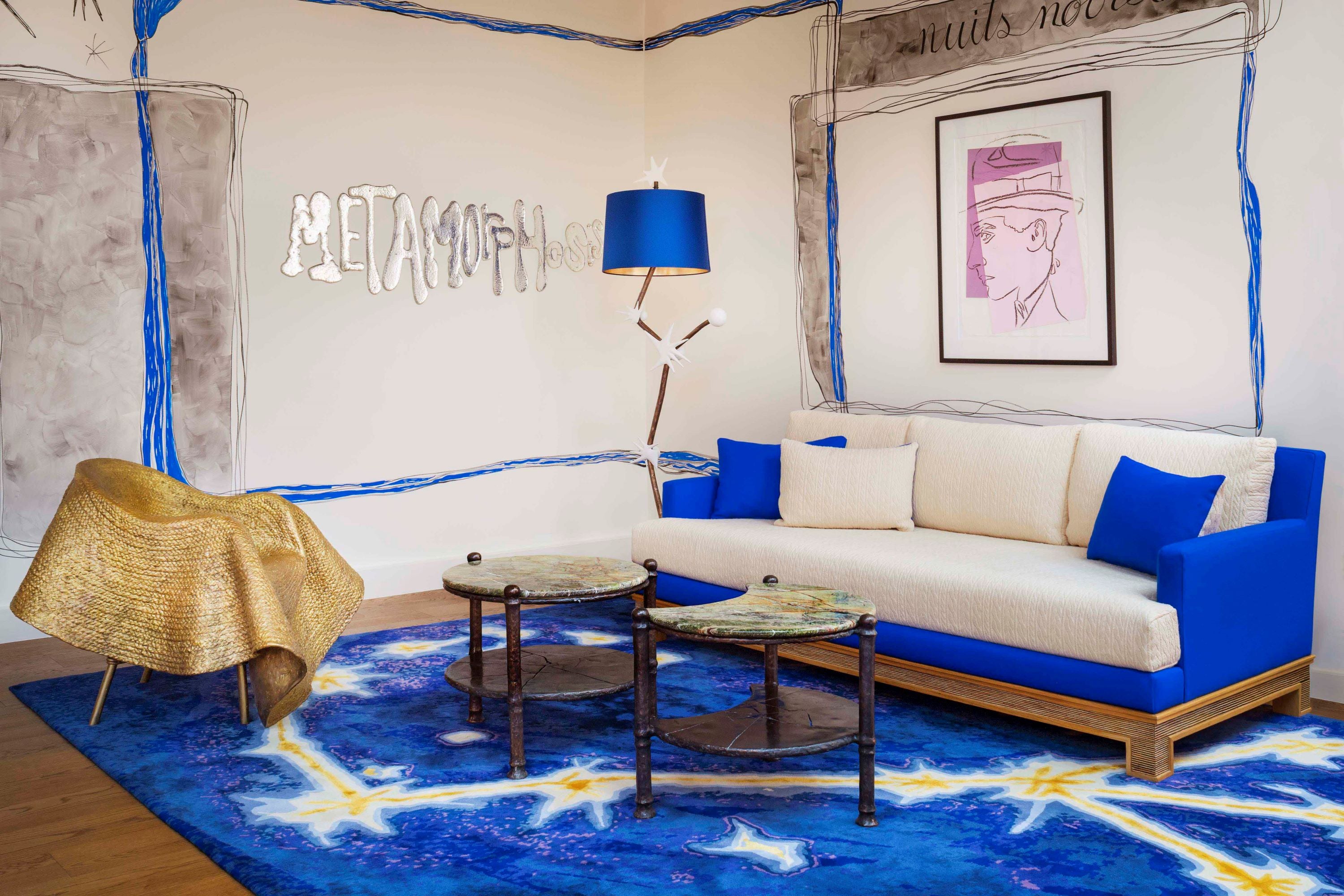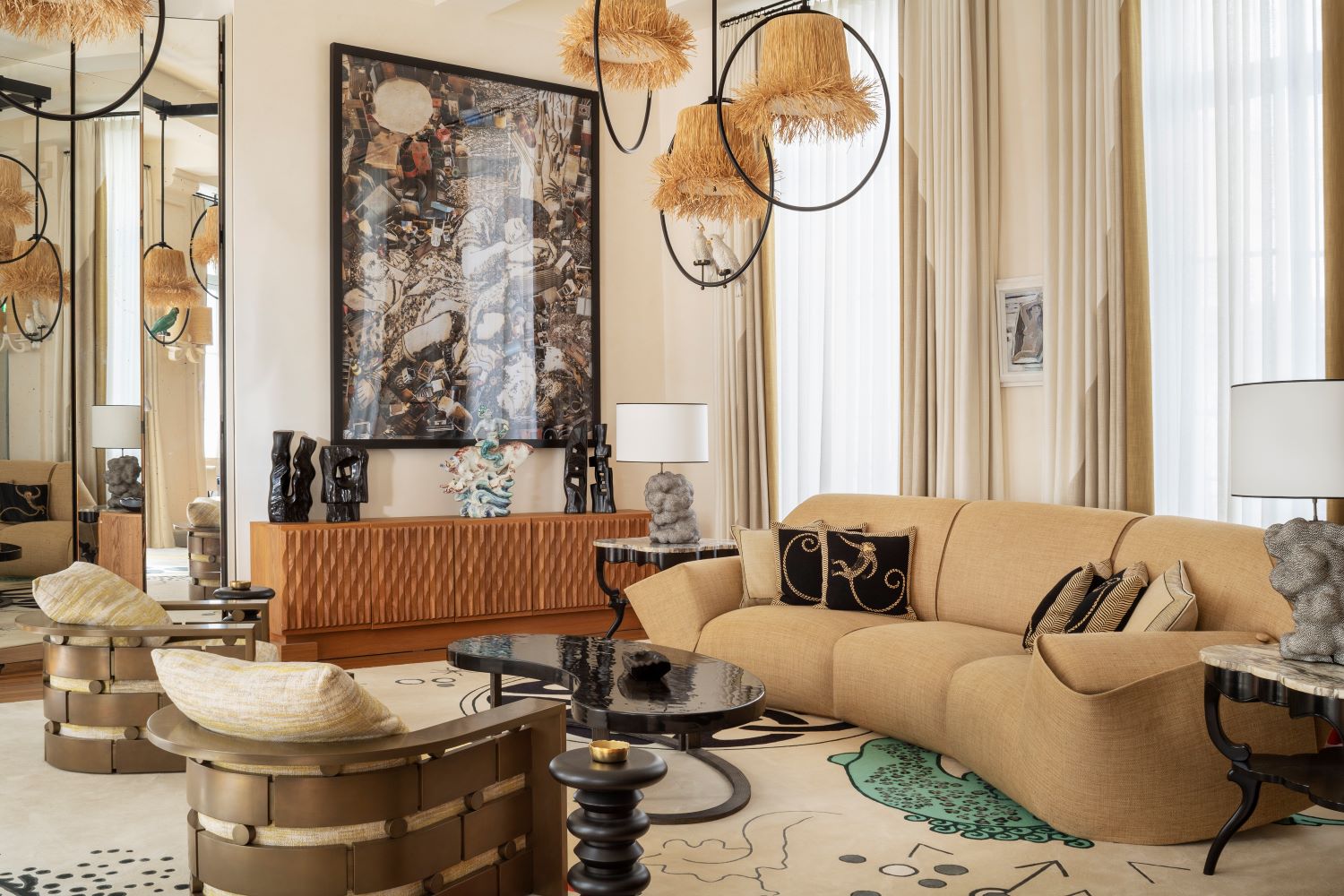
Color Scheming for Your Unique Style
Life is full of color – why shouldn’t your house be? Ever had trouble deciding which color scheme fits you best? When designing your space, choosing the right colors can significantly impact creating an inviting and comfortable environment that reflects your identity. Knowing what suits your home most depends on you and your character. You might prefer bold and vivid colors or lean more toward relaxing tones within your interior space. It's always a good idea to get an expert's opinion when setting up your personal space since they usually know how to show off a person's personality within the design and know the exact color that goes best with your style.
If you have a loud and bold personality, red is one way to go. It is often associated with high energy and passion as it evokes excitement, intensity, and even aggression. In an interior design context, red can create a dramatic focal point or add a sense of warmth and coziness to any space. Still, you should use it sparingly; too much red can be overwhelming and might cause feelings of anxiety or stress.
On the other end of the spectrum comes blue, representing calmness and relaxation. Generally, it induces feelings of tranquility, serenity, and even sadness. However, when it comes to interior design, you can use it to create a soothing atmosphere in spaces like the bedroom and bathroom. Some offices also use blue in their interior to increase productivity and focus.
Another color often used in interior design is yellow. This color emphasizes feelings of warmth, optimism, and creativity. You can use it to add a pop of color or to create a cheerful and inviting atmosphere. However, like red, yellow is best in moderation. You don't want to provoke overwhelming feelings such as anxiety or irritability.
Green is a color associated with nature and growth, bringing forth feelings of balance, harmony, and rejuvenation. In interior design, it can be used to create a calm and refreshing atmosphere in spaces like bedrooms or living rooms.
On the other hand, purple goes hand in hand with luxury and royalty. It creates a sense of drama and elegance in spaces as the color represents sophistication, creativity, and spirituality. Regarding interior design, the color is a great addition to dining rooms, living rooms, and bedrooms.
Many other shades and hues can be used for diverse effects. For example, pastel colors like rusty pink and mint green create a soft and feminine atmosphere. In contrast, darker hues like navy blue and forest green can create a sense of masculinity and strength.
The psychology of color is an essential consideration for interior design. By understanding the emotions and behaviors they evoke, designers can create spaces as beautiful as they are comfortable. Colors can accentuate your unique character through the proper use of schemes and coordination, whether by creating a calm and relaxing atmosphere or a bold and dramatic one.


